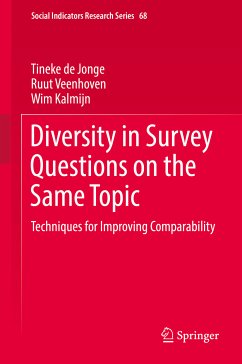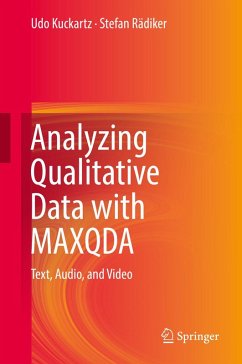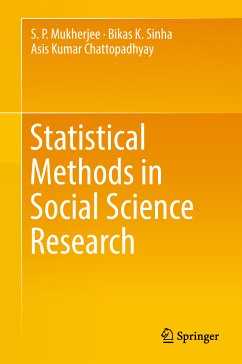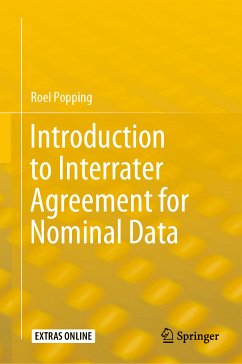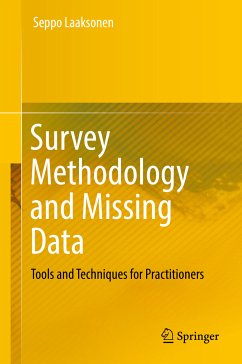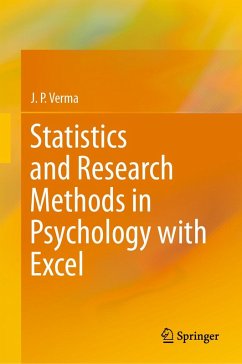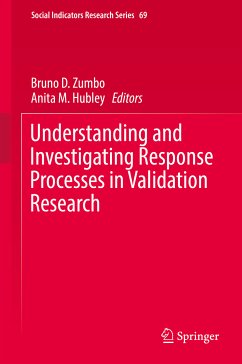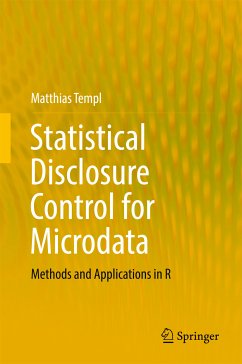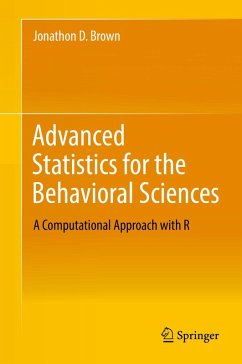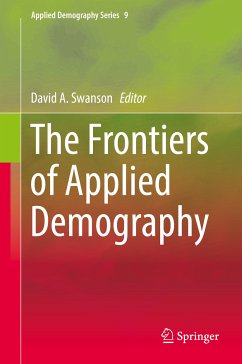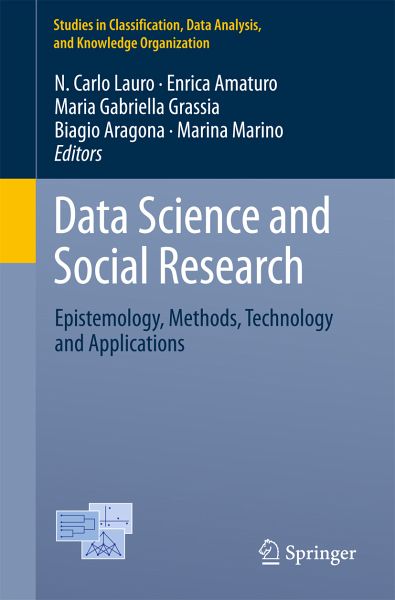
Data Science and Social Research (eBook, PDF)
Epistemology, Methods, Technology and Applications
Redaktion: Lauro, N. Carlo; Marino, Marina; Aragona, Biagio; Grassia, Maria Gabriella; Amaturo, Enrica
Versandkostenfrei!
Sofort per Download lieferbar
120,95 €
inkl. MwSt.
Weitere Ausgaben:

PAYBACK Punkte
60 °P sammeln!
Applies methods and techniques of data science to the social sciences
Provides extensive examples of new (big) data use in the social sciences
Discusses epistemological consequences of new data on social sciences
Features a section on on-line data analysis
Provides extensive examples of new (big) data use in the social sciences
Discusses epistemological consequences of new data on social sciences
Features a section on on-line data analysis
Dieser Download kann aus rechtlichen Gründen nur mit Rechnungsadresse in A, B, BG, CY, CZ, D, DK, EW, E, FIN, F, GR, HR, H, IRL, I, LT, L, LR, M, NL, PL, P, R, S, SLO, SK ausgeliefert werden.



